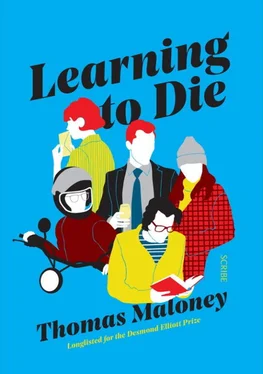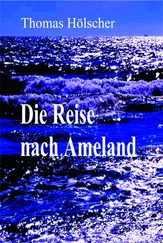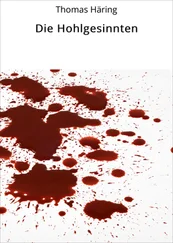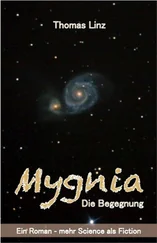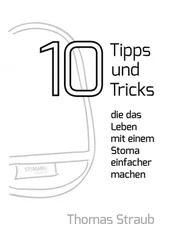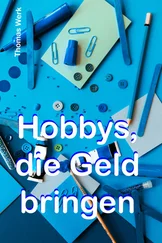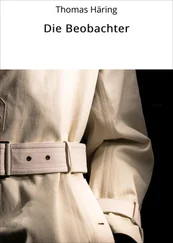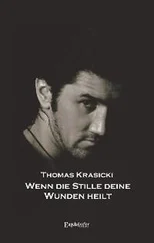‘Let me tell you something your mother and I have discovered — or remembered — this year about being parents.’ The studied calm in his voice reminds Dan of stern, reasoned tellings-off in years gone by. ‘You do hope and expect your kids will outlive you — of course you do. That hope, that miraculous continuity is one of the things that keeps you going through the — shall we say less glamorous parenting duties. But from the first moment you find out you’re going to be a parent, you sense that you’re involving yourself in forces that are out of your control. You can’t even choose whether it’s a girl or a boy, let alone whether he or she will be healthy, or happy, or clever or kind. Childbirth is no longer the roulette it was for millennia, but it’s no game. Things go wrong. Some of those things — those outcomes — can’t be righted, but just have to be lived with. If you get lucky — as we did for thirty years — you feel lucky. And if you don’t, then you adapt.’
‘Adapt in what way?’
‘The hopes that you have for your child — that we have for you — they sort of evolve. They don’t just disappear in a puff of miserable smoke. What we hope now — ’ he flicks away a tear, but his voice remains steady ‘—is that you’ll continue to meet this challenge with the great courage you’ve shown so far, that you’ll feel loved, that we’ll be able to help you to get the very most you can out of life, and that—’ he falters, not quite able to say the last thing on his mind. Instead he bats the indicator stalk as the Windsor turning approaches.
‘Thanks, Dad.’
‘Don’t thank me — thank your mother. She helped me to understand all of this. But she wouldn’t be able to tell you, so I have. So there. Last week, we were having a bit of a trip down memory lane, and—’
Dan isn’t listening. He’s thinking that he will never take that complex parenting journey, and his own child won’t remember him.
It’s been windy: twigs and immature conkers litter the paths, making for a bumpy ride. Dan has requested this park visit; he has to do that now — request things. He can’t just get up and go. James, Nat’s ex, was right about autonomy being a treasure.
The Mock trio makes its way slowly towards the statue on the hill. Passers-by ignore Dan but flash sad smiles at his parents. A bout of good-natured bickering commences over Dan’s head — something about his sister Laura and whether her latest business venture will succeed. A swooping crow catches Dan’s eye — dips low, wheels round into the wind, stalls and lands neatly on a tree-root. O, joy of a skilful action! Suddenly he wants to be alone. This urge strikes often now; he values careful observation of his surroundings, flights of fancy, rumination. He remembers the same impulse before exams or important lectures — fear of the big event catching him with disordered thoughts.
Presumably he still has a right to solitude. When the time comes, will he want to be alone?
Brenda Vickers kills the van’s sputtering engine, strides up the little path that badly wants weeding but won’t get it, opens her front door. She’s been driving in her work boots, which are still caked in peat and sawdust, and she nearly tramples an envelope lying on the mat.
James. Again. ‘Seriously,’ she murmurs. After all this time, he hasn’t given up. She stoops, and the familiar bitter-sweet indignation gets a jolt when she feels something lumpy in the envelope. Christ, what now? His ear? She closes the door slowly, leans against it and inserts a grimy, nail-bitten finger.
Inside is a folded letter enclosing a second piece of paper as creased and bedraggled as though put through the wash, and a large, flat seashell. In Essex they used to call them otter shells. This one is a beauty, smooth and grey on the outside, striped with fine, concentric lines of orange, and inside a creamy white. Its two halves are still joined by a tenuous, wobbly hinge of tissue.
The letter begins in James’ meticulous hand — Dear Brenda, I am not asking you to come back to me, but — then it stops, to be taken up, apparently, by a young child writing in pencil.
I found this in Jameses bin. Hes too scarred to send it, so I will. He writes poems and throws them in the sea. I saved one for you and dried it out. Hes going soon and Im going to miss him. You can have my best shell from the beach here to remember him.
From Jameses friend, Hugo
Brenda opens the stiff, wrinkled fragment. The writing, though smeared and faded, is still legible. It’s a poem.
Every hour, on the hour: silence. Faceless
Clock of memory waving your white hands,
There are eight more agonised lines, and the poem is signed in the bottom corner with what can only be kisses.
‘No proposition astounds me.’
Montaigne
Beneath George III on a gargantuan copper horse, Dan Mock sits on his own copper horse, his electric wheelchair with its new off-road tyres, and looks down the Long Walk towards Windsor Castle. Tiny, harlequin figures in congenial groups crawl here and there. Beyond the castle — head and shoulders perched on the Walk’s tapering skirt — a sumptuous grey-green horizon. You can see the curvature of the earth from the top of Everest, people say. Well, Dan can see it plainly from right here, at an altitude of two hundred and twenty feet. Nature abhors a straight line, after all, just as electrons aren’t too fond of corners.
Nearly three miles to the castle: a fanfare sounded from its battlements would take, what, twelve seconds to reach him. A determined snail would cover the ground in four days. The flash of a mirror held by Rapunzel at her window, a seventy-thousandth of a second. Fast and slow, big and small. How much of human life is orientation?
We are, thinks Dan, consciously opening his frontal lobe’s throttle valve, speckles of mould on the surface of a moist, gassy sphere of rock left accidentally whirling around a pathetic star. This devastating Copernican heresy is now a commonplace — the blue marble, the third stone. Yes, yes. But wait! Speckles of mould? Yes. Really? Yes: me, you, the baby. Three speckles. Our nondescript star buried in a big wheel of stuff. Big, big, yes. Stuff — heavy bits and bobs — gathers itself into these wheels. Big-bigger wheels devour big-littler wheels. Between: space, emptyish (quantum cameos like popping candy). Gravity a pull; angular momentum a dance. The stuff created out of energy. The energy happened — bang — because. Because we’re asking. Who’s asking? Mould. The universe a finite bubble of being with no edge, no outside worth worrying about, only an inside. Observable. Energy conservable. Quantum swervable. One of many? You choose — it doesn’t matter. Creator? Word games and mind games, only. Harmless fancies, yes. But the thing itself no speculation, no hypothesis, no fable — arranged in plain sight above our heads, the arm of our galaxy hanging there like one stupendous fucker of an arch, others beyond it, others beyond them, and beyond, and beyond. It took us a long time to figure out what we were looking at; to forget again, not long at all.
And the mould itself, the curious infestations on that sun-bathed moisty marble — what of that? Soup accident, yes. Outlandish molecules stumble on the property of self-replication: a chemical freak that simmers discreetly for aeons and then suddenly, recently, gets out of hand. Mutate, select, repeat. In the blink of a geological eye, the planet is crawling with beasties. A single forest that stretches to the curved horizon is home to a trillion trees. Every tree a world, every leaf, the gut of every bug.
Читать дальше
